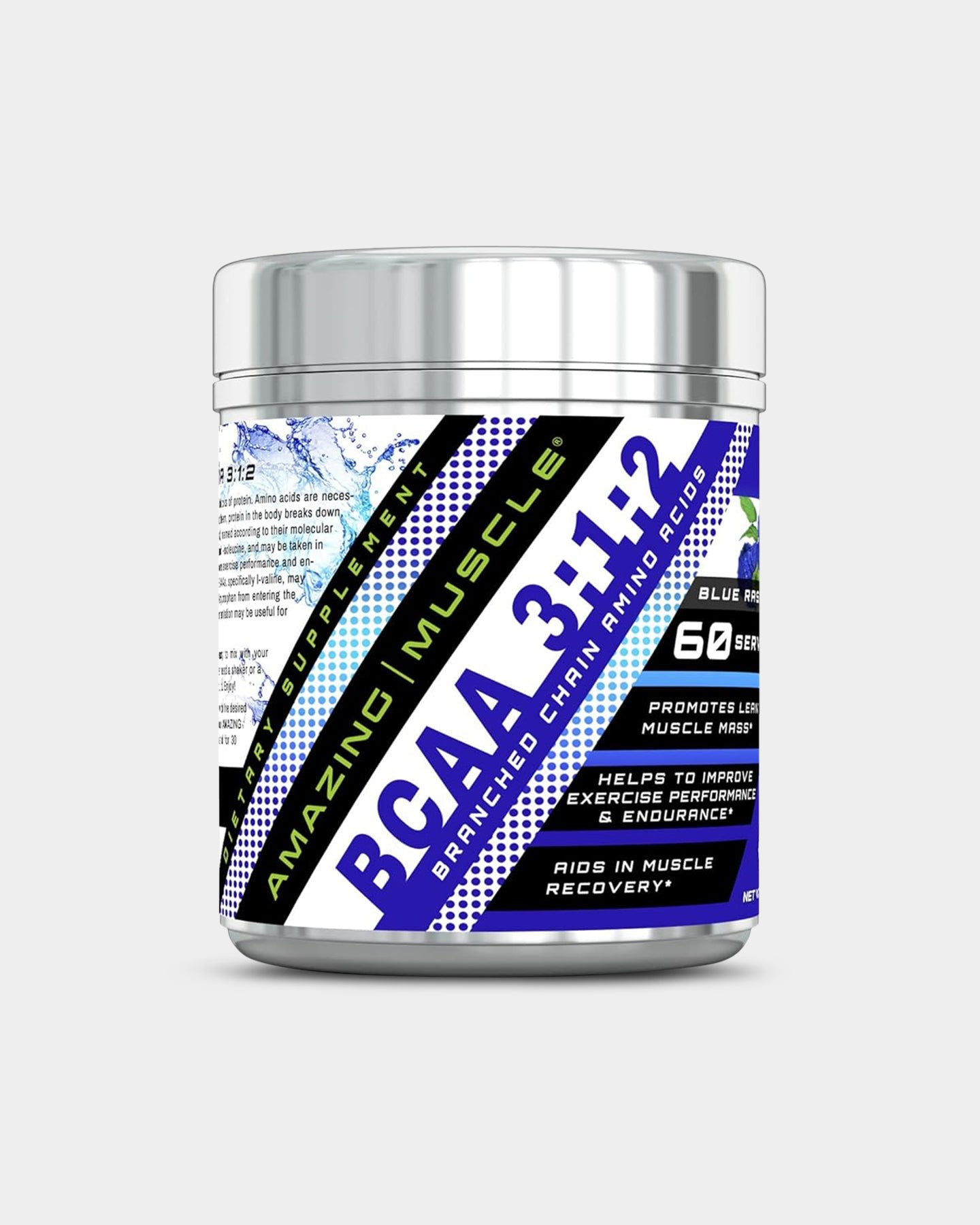Top 5 Effective Ways to Use BCAA for Improved Muscle Recovery in 2025

Branched-Chain Amino Acids (BCAAs) have garnered significant attention in the realm of fitness and muscle recovery. As athletes and fitness enthusiasts continually seek effective methods to enhance their performance, the utilization of BCAAs has significantly risen. BCAAs, which consist of three essential amino acids—leucine, isoleucine, and valine—play a crucial role in muscle protein synthesis and recovery.
This article will explore the top five effective ways to use BCAAs for improved muscle recovery in 2025, examining their benefits and applications. By understanding BCAA dosage, timing, and their role in muscle growth, you’ll be well-equipped to integrate them into your fitness regimen. Let’s delve into how BCAAs can enhance your muscle recovery and performance.
The Definition and Benefits of BCAA
Before diving into specific applications, it is vital to understand what BCAAs are and their advantages. BCAAs are a group of three essential amino acids that the body cannot synthesize on its own; thus, they must be obtained through diet or supplementation.
BCAA Benefits for Muscle Recovery
BCAAs provide numerous advantages, including reducing muscle soreness, aiding in quicker recovery, and minimizing exercise-induced fatigue. Studies indicate that BCAA supplementation can significantly enhance protein synthesis, leading to improved muscle growth and recovery.
BCAA and Muscle Growth
Widespread in bodybuilding circles, BCAAs are particularly noted for their role in muscle hypertrophy. Leucine, one of the primary components, plays a pivotal role in stimulating muscle protein synthesis, which is essential for muscle repair and growth after intensive workouts.
BCAA Supplementation: Mechanism of Action
The interplay between BCAAs and muscle metabolism is well-researched. Upon ingestion, BCAAs are directly transported to the muscles, where they contribute to reducing muscle breakdown while promoting recovery. This quick absorption makes them an excellent option for post-workout nutrition.
With these benefits established, it is essential to explore how to effectively utilize BCAAs in your workout routine.
Optimal BCAA Dosage for Effectiveness
Understanding the right dosage is crucial for maximizing the benefits of BCAAs. The optimal dosage can enhance recovery, reduce muscle soreness, and improve overall workout results.
Recommended BCAA Dosages
Typically, a dosage of 5-10 grams before or after workouts is recommended. This range allows the body to achieve sufficient levels of amino acids necessary for muscle repair without overwhelming the system.
Adjusting Dosages for Different Fitness Goals
Depending on your fitness goals—be it muscle gain, fat loss, or endurance training—adjustments to your BCAA intake may be required. For endurance athletes, higher dosages could be beneficial, while those focused on weight loss might prefer lower amounts combined with a proper diet.
Monitoring BCAA Intake
Keeping track of your intake using fitness journals or apps can help ensure that you’re meeting your goals effectively. Tracking your progress regarding recovery and muscle gains helps guide your future dosage adjustments.
This naturally leads us to the timing of BCAA supplementation, a critical factor in their effectiveness.
Understanding BCAA Timing for Maximum Results
Timing your BCAA intake can make a significant difference in muscle recovery and performance enhancement. Certain moments during your workout regimen are more effective for consuming BCAAs.
Pre-Workout BCAA Intake
Taking BCAAs before a workout can provide your muscles with the necessary amino acids, preventing muscle breakdown during exercise. This preemptive action allows for sustained energy and endurance.
Post-Workout Recovery
Post-workout is perhaps the most critical time for BCAA consumption. After intense exercise, muscles are primed for recovery. Consuming BCAAs within 30 minutes of completing a workout can maximize their recovery benefits.
Combining BCAAs with Other Supplements
Combining BCAAs with protein shakes can further enhance muscle recovery. Not only does this boost amino acid levels, but it also optimizes nutrient absorption, leading to more efficient recovery.
With the timing of BCAAs explained, let’s look into their forms and flavors to ensure a pleasing intake experience.
BCAA Consumption Forms and Flavors
The method of BCAA consumption can significantly affect adherence and enjoyment. BCAAs are available in various forms, each with unique benefits.
BCAA Powder vs. Capsules
BCAA powder is popular due to its versatility. It can be easily mixed into shakes or meals, allowing for customizable flavor options. In contrast, capsules offer convenience and precise dosing, ideal for on-the-go supplementation.
Flavor Varieties and Custom Recipes
Flavored BCAA powders can make supplementation more enjoyable. Brands offer a plethora of flavors ranging from fruity to dessert-inspired. Additionally, creating BCAA cocktails or adding them to smoothies can enhance your dietary intake while satisfying your taste buds.
Potential BCAA Side Effects
While BCAAs are generally safe, some individuals may experience side effects, including gastrointestinal distress when taken in excess. It’s crucial to monitor your body’s response and adjust your intake accordingly.
With the consumption specifics covered, we now focus on the overall benefits BCAAs offer to athletes and fitness lovers.
BCAA Benefits for Athletes and Fitness Enthusiasts
BCAAs have solidified their place in the realm of fitness and athletics due to their multitude of benefits that cater specifically to the needs of athletes. Utilizing BCAAs effectively can yield exceptional results.
Enhancing Athletic Performance
BCAAs contribute significantly to athletic performance by reducing fatigue and promoting quicker recovery times. With enhanced endurance, athletes can train harder and for longer durations.
BCAAs in Fat Loss and Cutting Phases
For those in cutting phases, BCAAs can help maintain muscle mass while promoting fat loss. By preserving muscle during caloric deficits, BCAAs prevent muscle loss associated with restricted calorie intake.
BCAAs in Rehabilitation and Injury Recovery
Research indicates that BCAAs can play a vital role during rehabilitation. Their ability to stimulate muscle repair and reduce soreness can significantly speed up recovery times post-injury or surgery.

In conclusion, incorporating BCAAs effectively into your fitness routine can yield significant benefits for muscle recovery, endurance, and overall performance. By understanding their definition, optimal dosage, timing, and various consumption forms, you can enhance your training outcomes in 2025. For comprehensive insights into BCAAs and various supplements, check out this detailed resource and explore alternative perspectives on BCAAs.
